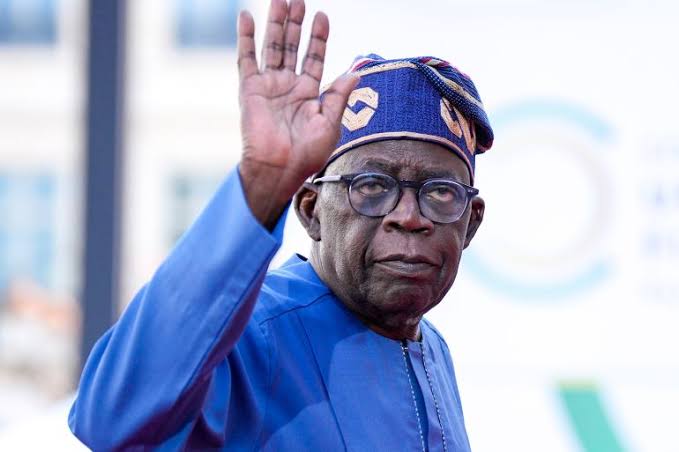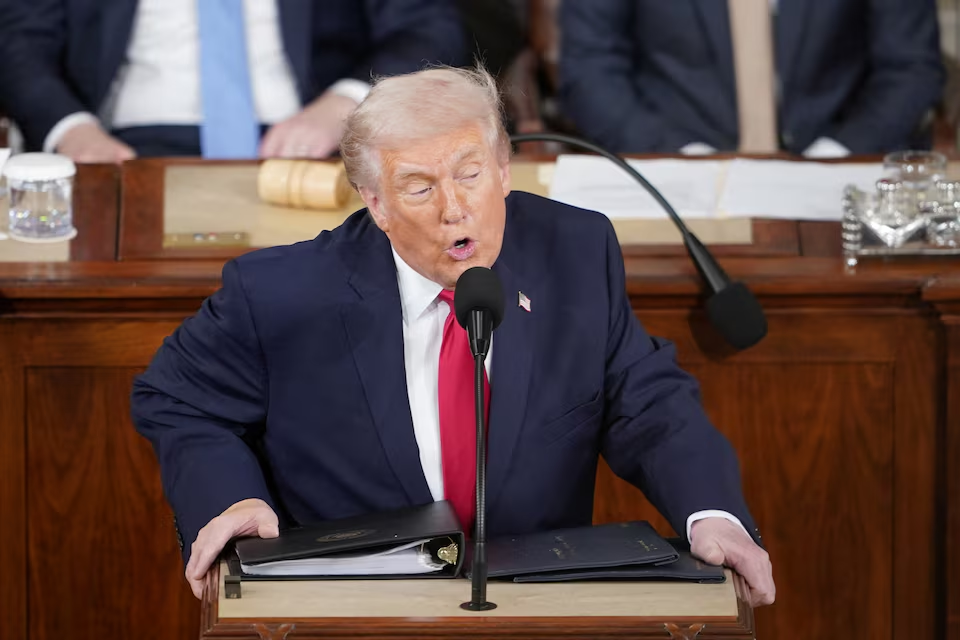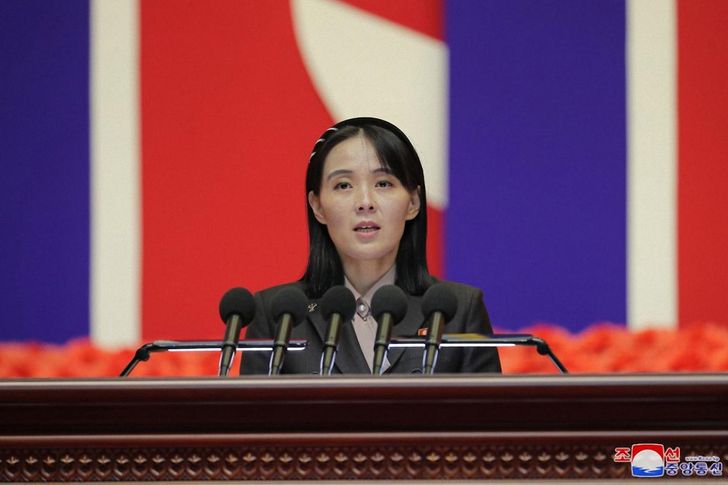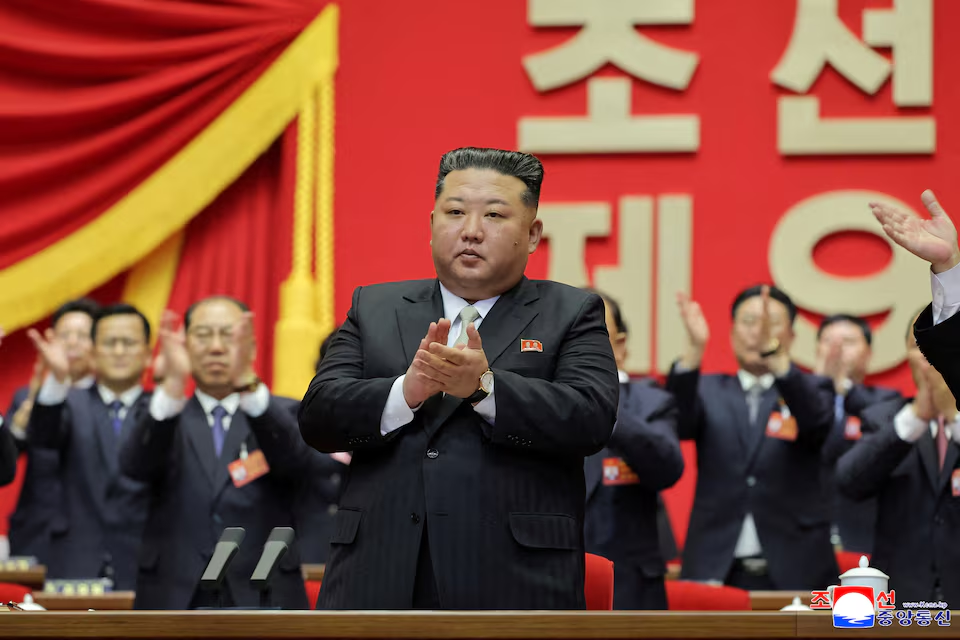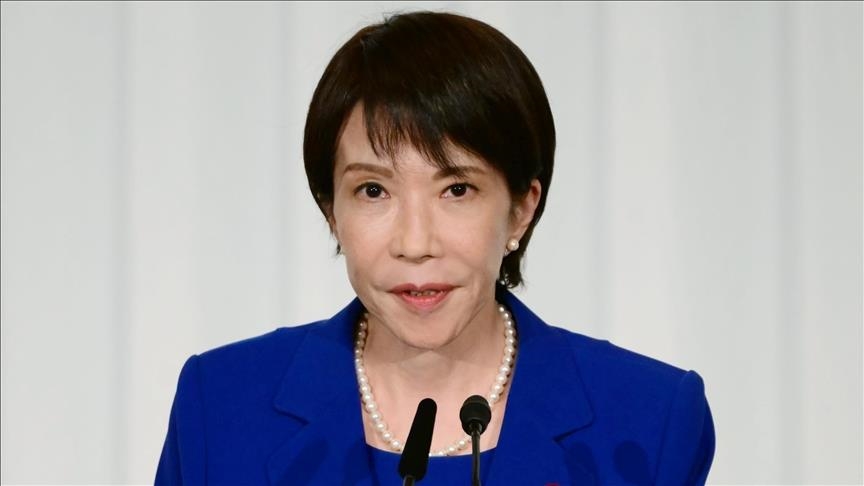Nigerian President Tinubu, has approved a 15% ad-valorem import duty on petrol and diesel, a move expected to raise pump prices and align import costs.
President Bola Tinubu has approved a 15 percent ad-valorem import duty on petrol and diesel, a decision likely to affect fuel prices across Nigeria.
The directive, confirmed in an official letter dated Tuesday October 21, 2025, was communicated by Damilotun Aderemi, the President’s Private Secretary, to the Federal Inland Revenue Service (FIRS) and the Nigerian Midstream and Downstream Petroleum Regulatory Authority (NMDPRA). The document, seen by TheCable, outlines Tinubu’s consent to apply the duty on a Cost, Insurance and Freight (CIF) basis.
The FIRS had earlier proposed the measure to ensure import costs reflect Nigeria’s evolving fiscal and energy realities. Government officials say the new duty will help harmonize import charges and potentially strengthen domestic revenue streams amid fluctuating global oil prices.
According to the correspondence, implementing the new rate could raise the pump price of petrol by an estimated ₦99.72 per liter. Analysts warn that such an increase may add pressure to households already struggling with rising inflation and high living costs since the removal of fuel subsidies last year.
Read Also: Tinubu’s Military Shake-Up: 60 Senior Generals Face Retirement
The government, however, maintains that the move is part of a broader strategy to restructure Nigeria’s revenue base, reduce over-reliance on crude exports, and attract private investment into the downstream oil sector. Officials argue that applying standard import duties aligns with international trade norms and creates a fairer market for local refiners once production ramps up.
Critics, meanwhile, fear that higher import levies could push fuel prices further beyond the reach of average Nigerians and trigger a ripple effect on transport and commodity costs. Labor groups have already signaled plans to review the decision, describing it as another burden on citizens facing economic hardship.
Nigeria, Africa’s largest oil producer, still imports a significant portion of its refined petroleum due to limited local refining capacity. Although the Dangote Refinery is expected to ease dependence on imports, it has yet to reach full operational capacity.
The 15 percent duty marks one of the most consequential fiscal decisions of Tinubu’s administration since taking office, underscoring his government’s focus on revenue mobilization and economic reform.
Officials have not announced when the new import duty will take effect, but implementation is expected to begin in the coming weeks pending regulatory guidance from the FIRS and NMDPRA.

